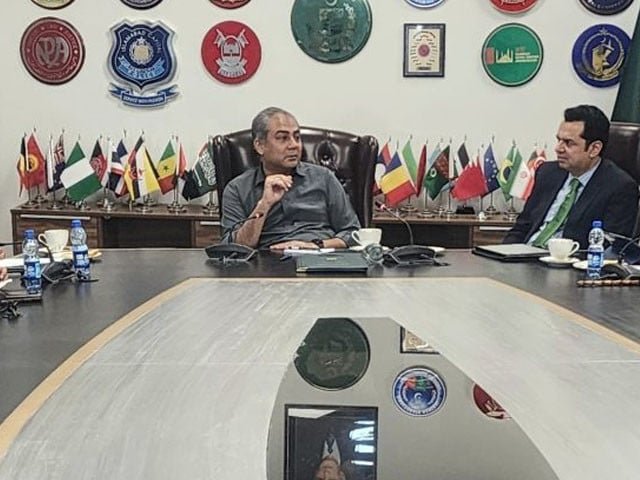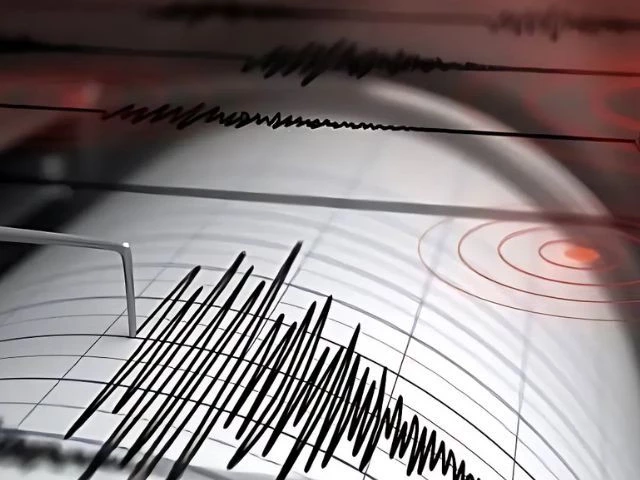Understanding the Complex Landscape of International Conflicts
In recent years, global conflicts have become increasingly intricate, with various nations jockeying for power and influence. A prime example of this complexity is the recent struggle between Iran and Israel, which not only caught the world’s attention but also highlighted the role of diplomacy in resolving such tensions.
The Iran-Israel Conflict: A Diplomatic Endeavor
Interior Minister Mohsin Naqvi recently pointed out that the ceasefire between Iran and Israel can largely be attributed to the tireless efforts of Prime Minister Shehbaz Sharif and the military leaders involved. While the details remain somewhat under wraps, Naqvi emphasized the importance of this diplomatic engagement, suggesting it is a point of national pride.
What makes this situation particularly notable is the catastrophic human toll that conflicts take. The twelve-day war that erupted on June 13 resulted in over 600 deaths from airstrikes, including prominent military figures and scientists in Iran. These numbers serve as a stark reminder of the pressing need for peaceful resolutions.
Historic Context: Pakistan-India Relations
At the intersection of these discussions lies another significant conflict: the tension between Pakistan and India. This struggle has deep historical roots, and recent incidents have heightened awareness around the urgent need for dialogue. Naqvi recalled the recent escalation, which unfolded after an attack in Pahalgam on April 22. Blame was quickly directed at Pakistan by India, but Pakistan firmly rejected these accusations. The cycle of retaliation resulted in casualties on both sides, including the tragic loss of civilian lives.
The role of leaders, such as U.S. President Trump in brokering peace during these crises, illustrates the critical nature of diplomatic efforts in de-escalating conflicts. A ceasefire was reached during previous escalations, underscoring a common truth in international relations: diplomacy often requires persistence and courage.
The Role of Religious Scholars in Peacebuilding
During a recent meeting in Islamabad focused on maintaining order during the Muharram, Naqvi lauded the vital contributions of religious scholars in promoting peace. He called for unity among different schools of thought, encouraging them to engage positively without compromising their own beliefs. This approach is essential, especially in contexts where sectarian tensions threaten stability.
Reflecting on such dynamics, it is clear that fostering dialogue at every level—from government officials to community leaders—is crucial for sustainable peace. In a world often divided by conflict, these conversations may pave the way for understanding and cooperation.
Looking Ahead
As we analyze the complexity of international conflicts, be it in the Middle East or South Asia, the lessons learned can guide future approaches to diplomacy and peacebuilding. The importance of open communication, the role of leadership, and the contributions of grassroots figures cannot be overstated.
For those interested in exploring these themes further, consider connecting with organizations like Pro21st, where discussions about such international issues are welcomed and valued. Engaging with such communities can provide insights into how we can collectively contribute to a more peaceful world.
At Pro21st, we believe in sharing updates that matter.
Stay connected for more real conversations, fresh insights, and 21st-century perspectives.





